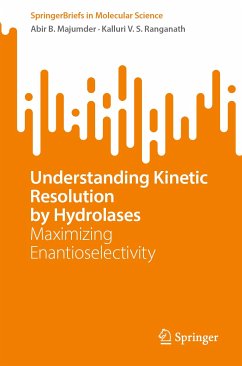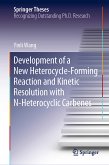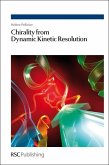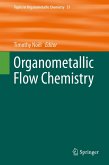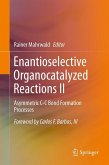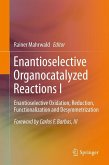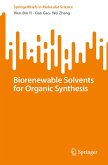This brief is a concise guide that explores the theory and practical aspects of improving enantioselectivity in enzymatic kinetic resolution, with a specific focus on the role of hydrolases in this process. Enzymatic kinetic resolution is a valuable technique for obtaining enantiopure compounds, and hydrolases are highlighted as a crucial class of enzymes widely used in industries for chiral synthesis involving kinetic resolution. The book emphasizes the importance of tuning and optimizing the enzymatic kinetic resolution process to achieve the highest possible enantiomeric excess in the final product or starting material while maintaining the desired yield. Through illustrative examples, the text aims to make the concept accessible and appealing to graduate students, researchers, and young organic chemists seeking to incorporate hydrolases in their stereoselective synthesis endeavors.
Dieser Download kann aus rechtlichen Gründen nur mit Rechnungsadresse in A, B, BG, CY, CZ, D, DK, EW, E, FIN, F, GR, HR, H, IRL, I, LT, L, LR, M, NL, PL, P, R, S, SLO, SK ausgeliefert werden.

